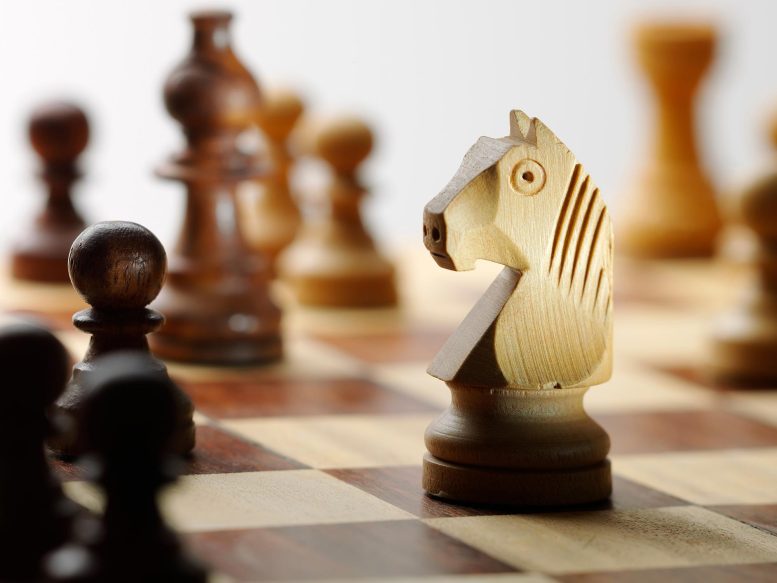
Researchers use economics and game theory to manage evolution, effectively incentivizing desirable behavior through modeling both economic and evolutionary outcomes.
Human behavior drives the evolution of biological organisms in ways that can profoundly adversely impact human welfare. Understanding people’s incentives when they do so is essential to identify policies and other strategies to improve evolutionary outcomes. In a new study publishing today (November 16th, 2021) in the open access journal, PLOS Biology, researchers led by Troy Day at Queens University and David McAdams at Duke University bring the tools of economics and game theory to evolution management.
From antibiotic-resistant bacteria that endanger our health to control-resistant crop pests that threaten to undermine global food production, we are now facing the harmful consequences of our failure to efficiently manage the evolution of the biological world. As Day explains, “By modeling the joint economic and evolutionary consequences of people’s actions we can determine how best to incentivize behavior that is evolutionarily desirable.”
The centerpiece of the new analysis is a simple mathematical formula that determines when physicians, farmers, and other “evolution managers” will have sufficient incentive to steward the biological resources that are under their control, trading off the short-term costs of stewardship against the long-term benefits of delaying adverse evolution.
For instance, when a patient arrives in an urgent-care facility, screening them to determine if they are colonized by a dangerous superbug is costly, but protects future patients by allowing superbug carriers to be isolated from others. Whether the facility itself gains from screening patients depends on how it weighs these costs and benefits.
The researchers take the mathematical model further by implementing game theory, which analyzes how individuals’ decisions are interconnected and can impact each other – such as physicians in the same facility whose patients can infect each other or corn farmers with neighboring fields. Their game-theoretic analysis identifies conditions under which outcomes can be improved through policies that change incentives or facilitate coordination.
“In the example of antibiotic-resistant bacteria, hospitals could go above and beyond to control the spread of superbugs through methods like community contact tracing,” McAdams says. “This would entail additional costs and, alone, a hospital would likely not have an incentive to do so. But if every hospital took this additional step, they might all collectively benefit from slowing the spread of these bacteria. Game theory gives you a systematic way to think through those possibilities and maximize overall welfare.”
“Evolutionary change in response to human interventions, such as the evolution of resistance in response to drug treatment or evolutionary change in response to harvesting, can have significant economic repercussions,” Day adds. “We determine the conditions under which it is economically beneficial to employ costly strategies that limit evolution and thereby preserve the value of biological resources for longer.”
Reference: “The economics of managing evolution” by Troy Day, David A. Kennedy, Andrew F. Read and David McAdams, 16 November 2021, PLOS Biology.
DOI: 10.1371/journal.pbio.3001409
Funding: This work was funded by the Research and Policy in Infectious Disease Dynamics (RAPIDD) program of the Science and Technology Directorate, the Department of Homeland Security, the Fogarty International Center, the National Institutes of Health, and the Natural Sciences and Engineering Research Council of Canada (TD), and the Institute of General Medical Sciences (R01GM105244 to AFR and R01GM140459 to DAK) as part of the joint NSF-NIH-USDA Ecology and Evolution of Infectious Diseases program. The funders had no role in study design, data collection and analysis, decision to publish, or preparation of the manuscript.









Game theory is used to model situations where individuals or groups interact. Each person involved has their own set of incentives that may or may not be aligned. They make decisions based on what they think will give them the best result, regardless of whether it’s a net gain or loss for society as a whole. I am willing to read https://www.tampabaynewswire.com/2021/04/15/tennis-tournaments-that-every-tennis-fan-should-know-about-97227 article so that I could get knowledge of every tennis tournaments I must know as a tennis fan.